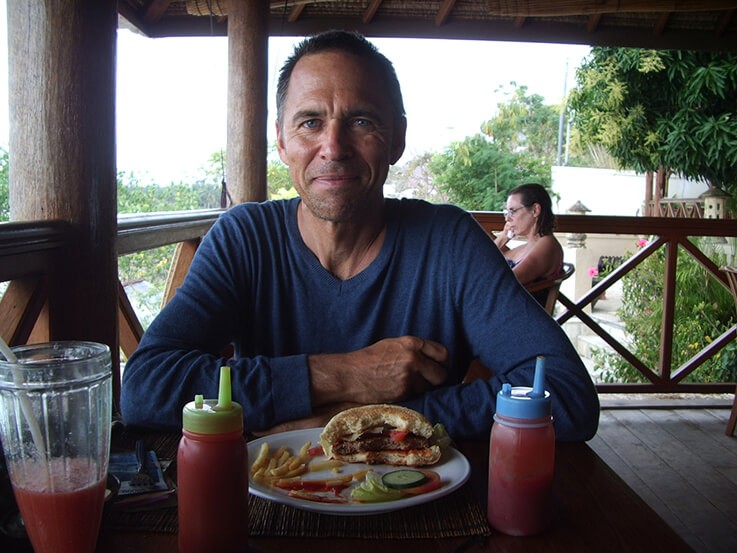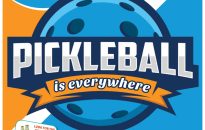Waikiki, way before fiberglass. Photo: Courtesy EOS “Surf history is our family story, our legacy, and it should be preserved and cataloged and stacked neatly,” Matt Warshaw told The Inertia. Few have done a better job of doing that than Warshaw, with his book and online versions of the Encyclopedia of Surfing. “He’s comprehensively curated […]


Waikiki, way before fiberglass. Photo: Courtesy EOS
“Surf history is our family story, our legacy, and it should be preserved and cataloged and stacked neatly,” Matt Warshaw told The Inertia. Few have done a better job of doing that than Warshaw, with his book and online versions of the Encyclopedia of Surfing.
“He’s comprehensively curated more information about surfing and surf culture, and articulated this wealth of data more effectively, than anyone else in our sport’s long history,” wrote Sam George, celebrating the online version’s 10th anniversary in 2023.
Yet Warshaw isn’t done. Naturally drawn to massive, important, financially unrewarding tasks, he has spent most of the year building the EOS Archive, a companion site to EOS. It is a gigantic digital library loaded with surf media that is in danger of disappearing or being forgotten — books, magazines and films to start with, but the site is designed to expand and take in all forms of media.
As an example, Warshaw points to a magazine called Surf Guide, which was published out of Santa Monica between 1963 and 1965. Warshaw believes the magazine was so good that John Severson at SURFER sued them out of business, and then stole all their employees.
“A few collectors have all the issues, but there is no public access to them. Does this matter, day to day? Not a bit,” said Warshaw. “It’s like anything else having to do with history, surfing or otherwise, you don’t give it a thought until, for whatever reason – professional, scholarly or just curiosity about how we are different and how we got here – it suddenly matters a lot.”
Currently, the EOS Archive is in demo mode; built but not loaded. He describes it as a beautiful but empty building. The goal is to look for a partner to help run the site, then assemble what will eventually be a global network of entities — universities, organizations, and individuals — who will scan, keyword, upload, and do all the other deep-in-the-trenches work required to fill the Archive out.

Blanche Benson, Haleiwa. Photo: Courtesy EOS
But this takes time. And time needs money. Neither of the EOS sites feature ads or corporate funding and are reliant on subscribers and donations. The archive has no growth limit, the surf culture ephemera runs as deep as the Nazare Canyon, but the scope will depend on how much can be raised.
You might be aware of the Great Library of Alexandria? Started by Pharaoh, Ptolemy I Soter of Egypt around 250 B.C. (Before Carbon Fiber), it became the ancient world’s single greatest archive of knowledge, at one stage housing half a million documents. It survived Julius Caesar accidentally burning part of it in 48 B.C., but eventually dwindled during the Roman period. After centuries of lack of funding and support, the museum and its vast library had vanished by 260 A.D. (After Deckgrip).
Warshaw is effectively setting about building surfing’s great library, but he’ll need your help. “I love surfing, love a big project, and am on good terms with nearly everyone I’ve met in the sport over the past 50-plus years — writers, filmmakers, photographers, surfers themselves — which means they trust me to do justice to this thing that has shaped all of our lives,” he said, in a rare bit of chest puffing. “I’m kind of faking it as a historian. But I make up for it by turning a good phrase. Hopefully, surfers will also trust hopeless pale-armed head cases like me who care enough, and know enough, to do the job right.”
You can donate to surfing’s great historical cause, here.














